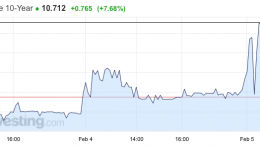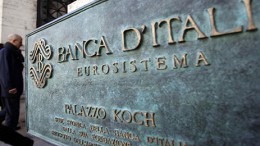Greece: Another euro stitch unpicked
ATHENS | By Nick Malkoutzis via MacroPolis | If there was any doubt that the negotiations between the new Greek government and its lenders are going to be incredibly tense, there isn’t now. The European Central Bank’s decision on Wednesday night to stop accepting Greek government bonds as collateral from local lenders has minimal practical impact in the short-term but maximum effect in symbolic terms.










